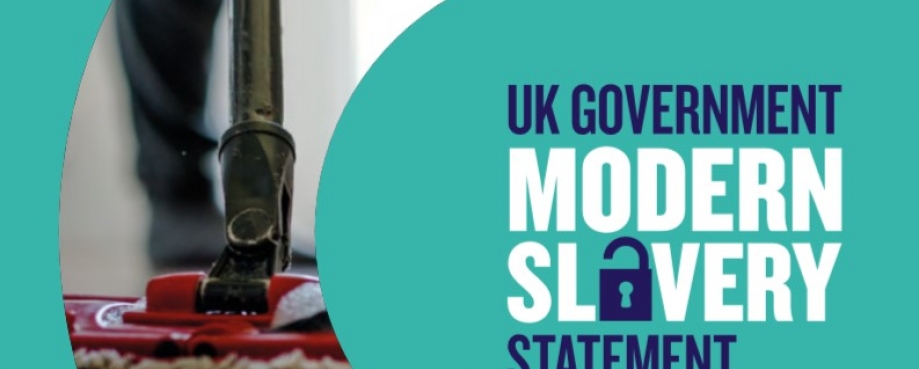
Ethical TradingInitiative welcomes the publication today of the UK government's Modern Slavery Statement.
Whitehall has shown leadership and made a strong start in embedding modern slavery training within departments, identifying salient risks and committing to working in partnership with businesses, worker representative groups and other stakeholders.
Ministerial departments' commitment to transparency is encouraging. We look forward to seeing ongoing, year on year progress in relation to mapping the lower tiers of the supply chain, where modern slavery tends to be most prevalent.
The Statement rightly highlights the huge potential – and responsibility – for the public sector to leverage its spending power and drive change. ETI is keen now to see other large public bodies, such as the NHS and local authorities, collaborate to address modern slavery within their supply chains more rigorously. In areas such as the surgical instruments supply chain, where child labour is known to exist, this could be a game changer.
It is particularly encouraging to see the Government addressing the importance of purchasing practices (p.12). Irresponsible buying can put pressure on suppliers, making labour abuses more likely. ETI has called for business to do more to improve their purchasing practices in our Guide to Buying Responsibly.
We are also pleased to see that the government self-assessed against ETI’s Modern Slavery Statement Framework while they were drafting this statement. The Framework provides a clear quality standard and a step-by-step guide to organisations in how to write robust modern slavery statements with real teeth.
